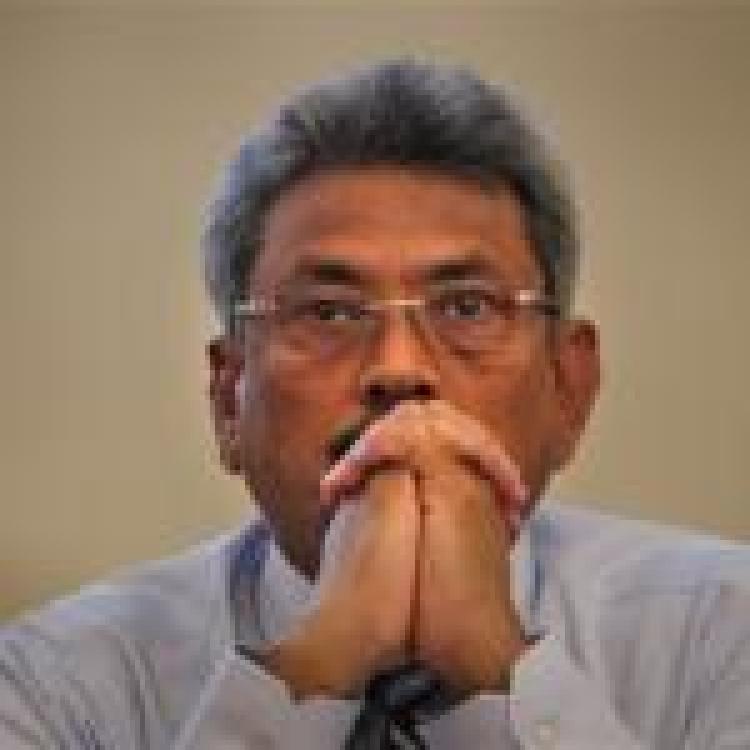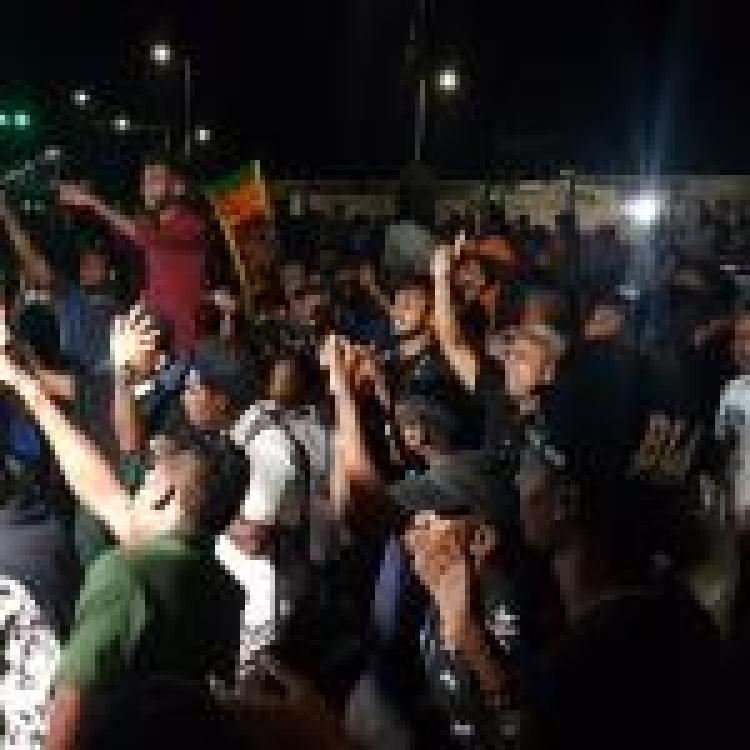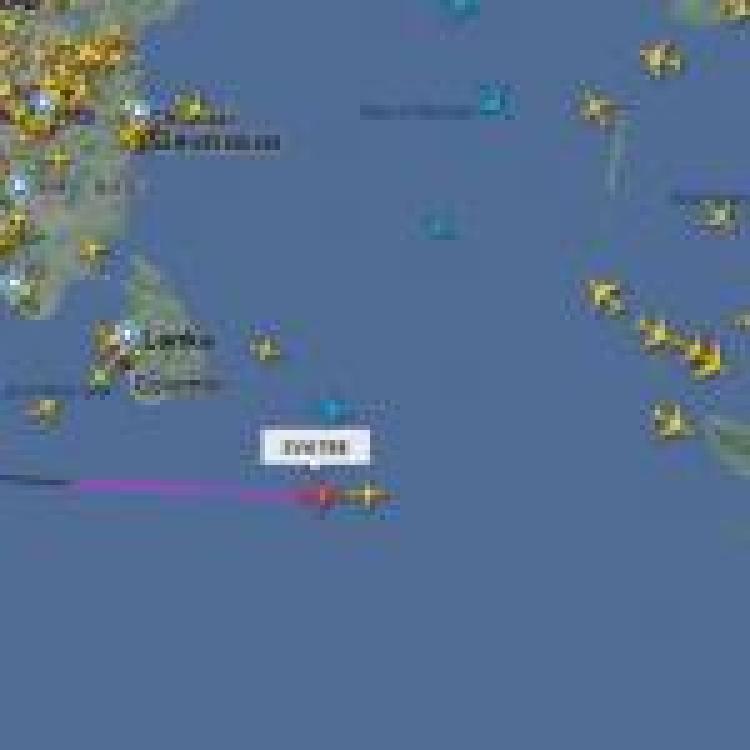![]()
Meenakshi Ganguly, South Asian Director for Human Rights Watch (HRW) has reiterated calls for the accused war criminal to be investigated and prosecuted under the principle of universal jurisdiction.
Writing in the Washington Post, Ganguly noted that after Gotabaya Rajapaksa had fled the island and resigned his position, he no longer has sovereign immunity from prosecution.
"There was satisfaction, and even glee, among many Sri Lankans when Gotabaya Rajapaksa, the widely unpopular president, fled the country by military jet in the dead of the night on July 13, following months of protests. Apparently fearing arrest while he searched for a safe haven, he didn’t resign until late the following day.
Now, however, Rajapaksa no longer has sovereign immunity from prosecution for grave international crimes in which he is implicated, including war crimes and the alleged murder, torture and enforced disappearance of his critics and opponents, or for the grand corruption that flourished under his family’s rule.
Years of abusive misrule by the Rajapaksa family have devastated Sri Lanka. Today, fuel, for cooking or transportation, is practically unobtainable. There are warnings over hunger and food scarcity with soaring inflation. The country has defaulted on its foreign debts for the first time and is attempting to negotiate a bailout with the International Monetary Fund."
Ganguly added that Rajapaksa should not be allowed to reside in a destination where he will be safe from prosecution and arrest.
"...Rajapaksa has fled to Singapore via the Maldives. He is believed to be seeking a final destination where he will be safe from arrest and prosecution.
He should not succeed. Judicial authorities where laws permit should investigate him under the principle of universal jurisdiction, which allows for the prosecution of serious international crimes even if they were not committed on the country’s territory. Universal jurisdiction cases are an increasingly important part of international efforts to provide justice to victims and their families who have nowhere else to turn.
Over several decades, successive Sri Lankan governments have not provided victims of grave abuses with genuine avenues for justice. There is little reason to believe the next administration — led by President Ranil Wickremesinghe, who was backed by the now-deposed Rajapaksa family — will be better in this regard, considering Wickremesinghe’s prompt crackdown on the protesters. It’s therefore critical for foreign governments to pick up the slack where possible. Rajapaksa’s departure from Sri Lanka might have opened new possibilities for justice."
Read the full piece at HRW



